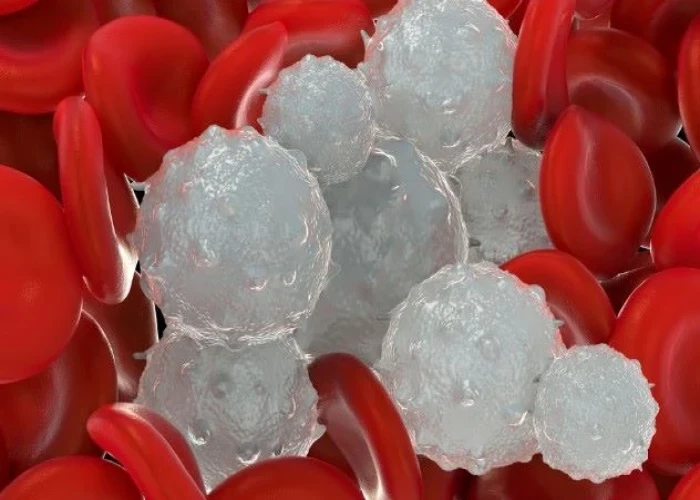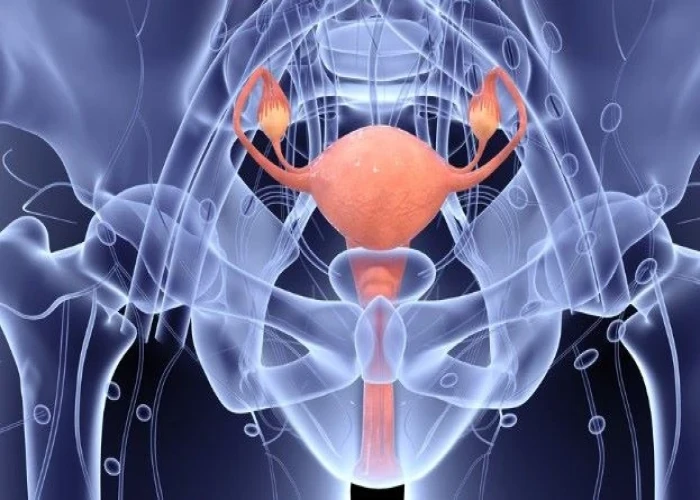 Welcome
Welcome
“May all be happy, may all be healed, may all be at peace and may no one ever suffer."
Alcohol use disorder

Alcohol use disorder (AUD), also known as alcohol dependence or alcoholism, is a chronic condition characterized by a strong desire to drink alcohol, difficulty controlling the amount of alcohol consumed, and continued use despite negative consequences.
Symptoms of AUD may include:
- Drinking more or for a longer period of time than intended
- Having a strong desire to drink
- Spending a lot of time drinking or recovering from its effects
- Having cravings for alcohol
- Failing to fulfill responsibilities at work, home, or school due to drinking
- Continuing to drink despite negative consequences, such as relationship problems, financial difficulties, or legal issues
- Giving up important social, occupational, or recreational activities due to drinking
- Drinking alone or in secret
- Developing a tolerance, meaning that more alcohol is needed to achieve the desired effect
- Experiencing withdrawal symptoms, such as tremors, sweating, or irritability, when alcohol is not available or after reducing the amount consumed
If you think you may have an AUD, it's important to seek help from a healthcare professional. Treatment options may include behavioral therapy, support groups, medications, and detoxification.
AUD is a treatable condition, and seeking help early can prevent long-term health problems and improve the chances of successful recovery. If you're concerned about your alcohol use or the alcohol use of someone you know, talking to a doctor or a mental health professional can help.
Research Papers
Disease Signs and Symptoms
- Being unable to limit the amount of alcohol drink
- Wanting to cut down on how much you drink or making unsuccessful attempts to do so
- Spending a lot of time drinking, getting alcohol or recovering from alcohol use
- Feeling a strong craving or urge to drink alcohol
- Continuing to drink alcohol even though you know it's causing physical, social or interpersonal problems
- Giving up or reducing social and work activities and hobbies
- Using alcohol in situations where it's not safe, such as when driving or swimming
- Developing a tolerance to alcohol so need more to feel its effect.
Disease Causes
Alcohol use disorder
Genetic, psychological, social and environmental factors can impact how drinking alcohol affects your body and behavior. Theories suggest that for certain people drinking has a different and stronger impact that can lead to alcohol use disorder.
Over time, drinking too much alcohol may change the normal function of the areas of your brain associated with the experience of pleasure, judgment and the ability to exercise control over your behavior. This may result in craving alcohol to try to restore good feelings or reduce negative ones.
Disease Prevents
Alcohol use disorder
Early intervention can prevent alcohol-related problems in teens. If you have a teenager, be alert to signs and symptoms that may indicate a problem with alcohol:
- Loss of interest in activities and hobbies and in personal appearance
- Red eyes, slurred speech, problems with coordination and memory lapses
- Difficulties or changes in relationships with friends, such as joining a new crowd
- Declining grades and problems in school
- Frequent mood changes and defensive behavior
You can help prevent teenage alcohol use:
- Set a good example with your own alcohol use.
- Talk openly with your child, spend quality time together and become actively involved in your child's life.
- Let your child know what behavior you expect — and what the consequences will be if he or she doesn't follow the rules.
Disease Treatments
Treatment for alcohol use disorder can vary, depending on your needs. Treatment may involve a brief intervention, individual or group counseling, an outpatient program, or a residential inpatient stay. Working to stop the use of alcohol to improve quality of life is the main treatment goal.
Treatment for alcohol use disorder may include:
- Detox and withdrawal. Treatment may begin with a program of detoxification or detox — withdrawal that's medically managed — which generally takes two to seven days. You may need to take sedating medications to prevent withdrawal symptoms. Detox is usually done at an inpatient treatment center or a hospital.
- Learning skills and establishing a treatment plan. This usually involves alcohol treatment specialists. It may include goal setting, behavior change techniques, use of self-help manuals, counseling and follow-up care at a treatment center.
- Psychological counseling. Counseling and therapy for groups and individuals help you better understand your problem with alcohol and support recovery from the psychological aspects of alcohol use. You may benefit from couples or family therapy — family support can be an important part of the recovery process.
- Oral medications. A drug called disulfiram (Antabuse) may help prevent you from drinking, although it won't cure alcohol use disorder or remove the compulsion to drink. If you drink alcohol, the drug produces a physical reaction that may include flushing, nausea, vomiting and headaches. Naltrexone, a drug that blocks the good feelings alcohol causes, may prevent heavy drinking and reduce the urge to drink. Acamprosate may help you combat alcohol cravings once you stop drinking. Unlike disulfiram, naltrexone and acamprosate don't make you feel sick after taking a drink.
- Injected medication. Vivitrol, a version of the drug naltrexone, is injected once a month by a health care professional. Although similar medication can be taken in pill form, the injectable version of the drug may be easier for people recovering from alcohol use disorder to use consistently.
- Continuing support. Aftercare programs and support groups help people recovering from alcohol use disorder to stop drinking, manage relapses and cope with necessary lifestyle changes. This may include medical or psychological care or attending a support group.
- Treatment for psychological problems. Alcohol use disorder commonly occurs along with other mental health disorders. If you have depression, anxiety or another mental health condition, you may need talk therapy (psychotherapy), medications or other treatment.
- Medical treatment for health conditions. Many alcohol-related health problems improve significantly once you stop drinking. But some health conditions may warrant continued treatment and follow-up.
- Spiritual practice. People who are involved with some type of regular spiritual practice may find it easier to maintain recovery from alcohol use disorder or other addictions. For many people, gaining greater insight into their spiritual side is a key element in recovery.
Disease Diagnoses
Disease Allopathic Generics
Disease Ayurvedic Generics
Disease Homeopathic Generics
Disease yoga
Alcohol use disorder and Learn More about Diseases

Basal cell carcinoma

Desmoid tumors

Amyotrophic lateral sclerosis (ALS)

Pediatric white blood cell disorders

Complicated grief

Posterior vaginal prolapse (Rectocele)

Roseola

Pericardial effusion
Alcohol use disorder, Alcohol dependence syndrome, অ্যালকোহল ব্যবহার ব্যাধি
To be happy, beautiful, healthy, wealthy, hale and long-lived stay with DM3S.
